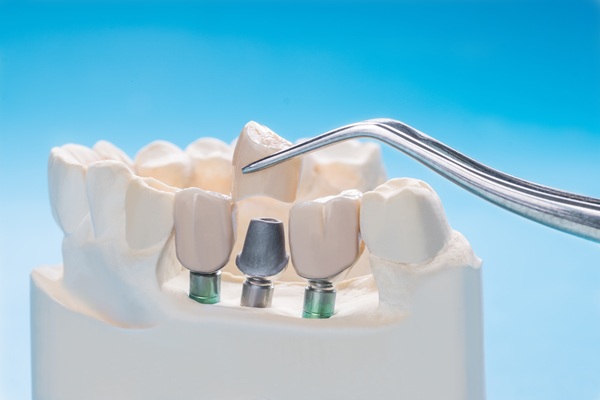 If periodontitis is not treated and progresses, pocket reduction surgery from a periodontist is one of the most effective treatment choices. Periodontitis can destroy the supporting bones of the teeth and the gum’s soft tissue. The infection can even cause tooth loss. Although periodontitis is a prevalent condition, maintaining good dental hygiene can help prevent it.
If periodontitis is not treated and progresses, pocket reduction surgery from a periodontist is one of the most effective treatment choices. Periodontitis can destroy the supporting bones of the teeth and the gum’s soft tissue. The infection can even cause tooth loss. Although periodontitis is a prevalent condition, maintaining good dental hygiene can help prevent it.
Who needs pocket reduction surgery?
The first step in determining whether to get pocket reduction surgery is to make an appointment with the dentist. A periodontal probe will be used to gauge the gap between the affected tooth and the gums. A health pocket should be no more than 3 millimeters and should not bleed. Pocket reduction surgery will be recommended if the dentist discovers that the pockets are deeper than 5 millimeters.
What happens during pocket reduction surgery?
Pocket reduction surgery is a dental operation where the periodontist uncovers the gums to remove the bacteria thriving in the gum pockets. First, the periodontist will administer a local anesthetic to make the patient comfortable and reduce pain. The dentist may need to augment the bone before reattaching the gum tissues for extensive bone loss. The procedure minimizes the gum pockets because the tissues can now reattach to the tooth firmly. The duration of the surgery depends on the number of affected teeth.
What to expect after surgery?
Minor bleeding is to be expected after dental surgery. The dentist will apply gauze to the afflicted area to halt the bleeding. Patients can remove the gauze after a few hours or when the bleeding ceases. Swelling is another common side effect of pocket reduction surgery, and it can persist for up to two days. Applying a cold compress to the swollen area every 15 minutes intermittently can help relieve swelling.
Since the process necessitates administering a long-acting local anesthetic, patients will notice numbness in their mouth for a few hours following the procedure. To avoid accidentally biting the lips, avoid any serious chewing while regions of the mouth are still numb.
The dentist will recommend medications to manage discomfort or pain after the procedure. The dentist will open up the gum tissue during the treatment, meaning they will have to use sutures to close the tissues following the procedure. Patients must avoid picking on the sutures to ensure proper healing.
The dentist will also recommend avoiding solid meals for at least two weeks after pocket reduction surgery, so patients will have to adjust to a diet of soft foods, like soup, oatmeal, mashed potatoes, or apple sauce. They can resume their regular diet after about two weeks.
In conclusion
In severe cases of periodontitis, pocket reduction surgery is a viable treatment option. Schedule an appointment with the periodontist if you notice swelling or bleeding in your gums. Your dentist can determine if you have gum disease and treat it before it progresses and necessitates surgery.
Request an appointment or call Brighton Periodontal & Implant Dental Group at 818-703-7733 for an appointment in our Woodland Hills office.
Recent Posts
People who are seeking healthy gums but are dealing with challenges with gingivitis can see an expert periodontist, a dental professional who has studied the structures that support the teeth. These include the gums, the jawbone itself, and the ligaments that help hold the teeth in place.Periodontists are trained dentists who focus their attention on…
Periodontics focuses on gum health. Keeping your gums healthy is the main goal of every treatment. Detecting any problem early leads to early treatment. You can also do your part in caring for your gums. Here are some tips from dental professionals who work in periodontics on how to have healthier gums.Bad bacteria in the…
When we go to the dentist or periodontist, one of the last things that we expect to hear is that we need gum recession treatment. However, gum recession happens to many people for many reasons. When it does happen, it is important to get it treated properly as soon as possible to avoid further damage.…


